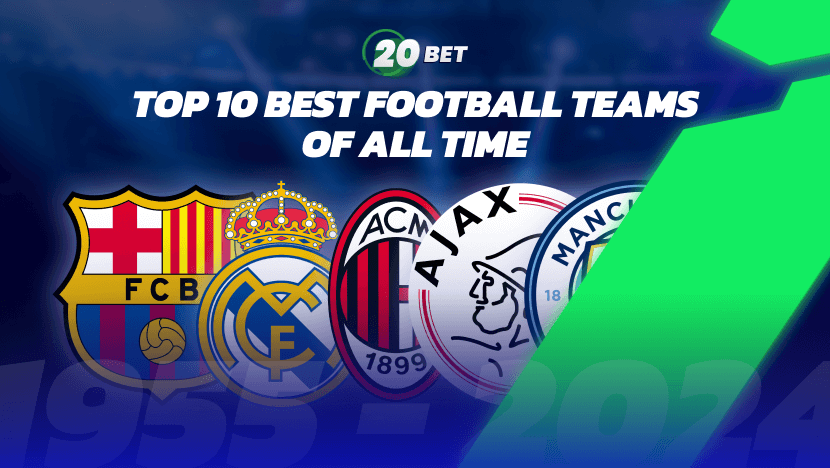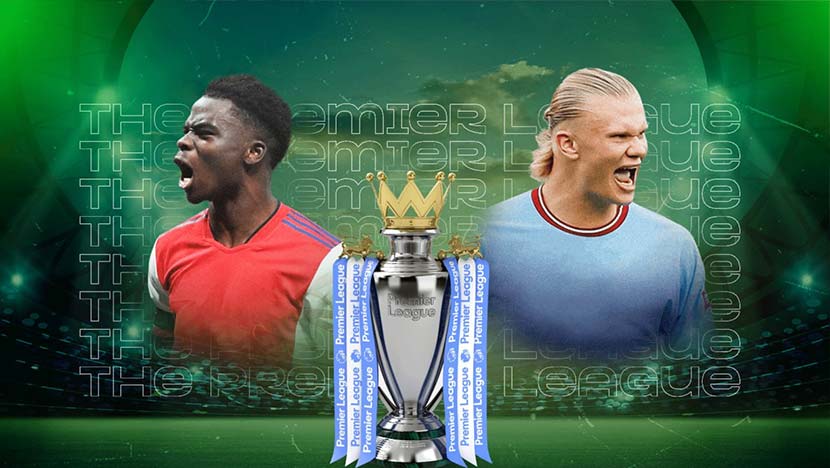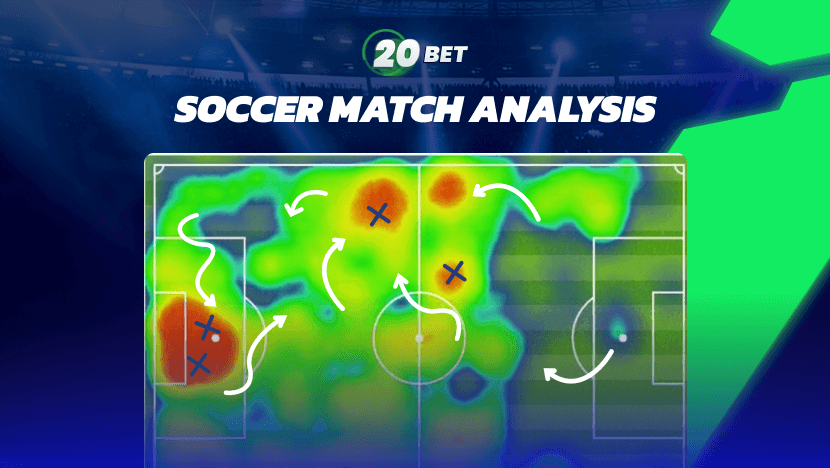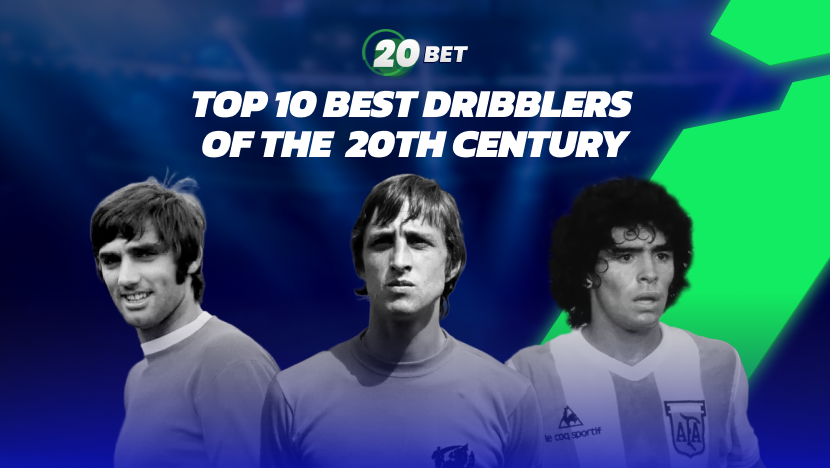10. Spain (2008-2012)
The European Championship in 2004 and the World Cup in 2006 were both won by teams with a defensive mindset: Greece and Italy.
It was an era where cautious, pragmatic soccer reigned supreme. Very few elite teams in club soccer took the risk of playing a proactive attacking style, especially in the knockout stages of major tournaments.
On this day at Euro 2008 Fernando Torres scored the winner in the Final vs Germany
This was Spain’s first Euros win since 1964 pic.twitter.com/jVehY2YUEA
— Classic Football Shirts (@classicshirts) June 29, 2020
Then came Spain, revolutionizing the game with their mesmerizing possession-based approach at the European Championship in 2008. They ultimately won the tournament with an attacking flair rarely seen at the international level.
In a more pragmatic approach, they went on to win the 2010 World Cup through their mastery of ball possession. By Euro 2012, they struck a perfect balance, culminating in a 4-0 dismantling of Italy in the final.
This remarkable team was composed of world-class technical superstars, many of whom had honed their craft at Barcelona and Real Madrid in the late 2000s and early 2010s.
9. Liverpool (1975–1983)
Between 1975 and 1983, Liverpool was managed by the legendary Bob Paisley. He is revered as the club’s greatest manager—an accolade that may never be surpassed. Under his leadership, Liverpool won the English Championship six times in eight seasons and clinched three European Cup titles.
Liverpool v St Etienne, Anfield, March 1977 #LFC pic.twitter.com/P6zbvZhjFZ
— Angies Liverpool (@angiesliverpool) October 16, 2021
This golden era marked the most successful period in Liverpool’s history, producing club legends such as the ever-reliable Bruce Grobbelaar, the mercurial Kenny Dalglish, the clinical Ian Rush, and the commanding Graeme Souness.
8. Real Madrid (2013-2018)
Real Madrid won the Champions League four times in five years between 2013 and 2018, showcasing an unparalleled level of dominance in Europe’s most prestigious club tournament.
During this period, the team was unmatched in the knockout rounds, particularly due to Cristiano Ronaldo’s outstanding performances, as he exhibited some of the best forms of his career.
𝑰𝑵𝑶𝑳𝑽𝑰𝑫𝑨𝑩𝑳𝑬.
✍️ @Cristiano
📆 03/04/2018#RealFootball pic.twitter.com/nn9KeIFSYB— Real Madrid C.F. (@realmadrid) April 3, 2023
Real Madrid had a very strong squad, and both Carlo Ancelotti and Zinedine Zidane developed an extremely effective counter-attacking strategy that emphasized wing play and clinical deliveries into the box
7. Manchester United (1999)
In 1999, Manchester United achieved an incredible feat by winning the Premier League, the Champions League, and the FA Cup in one of the most iconic seasons in football history.
Sir Alex Ferguson’s team faced significant challenges in the Champions League, particularly in the group of death alongside Bayern Munich and Barcelona. Both matches against Barcelona ended in thrilling 3-3 draws.
In the semifinals of the Champions League, Manchester United had an unforgettable battle against the powerful Juventus, triumphing with an aggregate score of 4-3.
On this day in 1999, Manchester United completed the treble after one of the greatest comebacks of all time 🏆 pic.twitter.com/7OlgDEs1ZX
— 90s Footballers (@90sPlayers) May 26, 2024
The semifinal against Juventus was an epic contest, with Ferguson’s side overturning a deficit to win 4-3 on aggregate. The crowning moment, however, came in the final, where United produced an astonishing stoppage-time comeback to defeat Bayern Munich 2-1 in what remains one of the greatest finales in soccer history.
Manchester United played an attacking style and scored many goals, which endeared them to millions of fans around the world.
6. Brazil (1970)
The Brazil national team of 1970 is often hailed as the embodiment of jogo bonito, or “the beautiful game.” This legendary squad swept through the World Cup, winning all their matches while averaging more than two goals per game.
Nueve pases, el cambio de ritmo de Clodoaldo (sin correr) y el misil de Carlos Alberto. Aprovechando que Italia ya estaba fundida, Brasil abrochó el Mundial 1970 con una jugada que todavía perdura en el tiempo.pic.twitter.com/TYyWKQAAU5
— Franco Curione (@FrancoCFutbol) November 8, 2024
Nearly all the players on that team had the ability to outmaneuver their opponents one-on-one, showcasing stunning dribbling skills that left defenders flat-footed and spectators in awe. With icons like Pelé, Jairzinho, and Tostão, this team will forever be in the hearts of soccer fans across the globe.
5. Manchester City (2017-2023)
Pep Guardiola has managed to build a team that won five Premier League titles in six years, an incredible achievement considering the fierce competition from Jürgen Klopp’s Liverpool and, in the last three years, a very strong Arsenal under Mikel Arteta.
City’s 2017-18 campaign was particularly historic, as they amassed an astounding 100 points—the first team in Premier League history to achieve this milestone. In the 2018-19 season, they earned 98 points, scoring a total of 201 goals.
During these seasons, City displayed total domination in all phases of the game, aggressively pressing and counter-pressing their opponents.
✍️ Dear @PepTeam, #ManCity fans will 𝗡𝗘𝗩𝗘𝗥 forget this #PL season:
🔷 38 Games
✅ 32 Wins
🤝 4 Draws
❌ 2 Defeats
⚽️ 106 Goals Scored
🥅 27 Goals Conceded
📈 100 Points💯 𝗧𝗵𝗲 𝗖𝗲𝗻𝘁𝘂𝗿𝗶𝗼𝗻𝘀 𝗼𝗳 𝟮𝟬𝟭𝟳/𝟭𝟴.#MCFC | @ManCity pic.twitter.com/mSox83xcx3
— City Xtra (@City_Xtra) January 18, 2021
Additionally, the Cityzens maintained complete control over the pace of matches, often accelerating the game’s tempo and overwhelming their rivals with fantastically diverse positional attacks.
However, in the Champions League knockout stages, Manchester City consistently faced challenges due to unusual tactical experiments and sometimes poor finishing.
Nevertheless, in 2023, a new generation of City players won the Champions League, solidifying the club’s status as one of the best teams in history, both in terms of playing quality and results in the domestic league.
4. Ajax (1965-1971)
Rinus Michels is credited with the idea of total football, which was first realized in Ajax’s playing style. Over a span of six years, Ajax won the Dutch Eredivisie four times and capped this golden era with a European Champions Cup triumph in 1971.
The 1971 triumph against Panathinaikos introduced a new revolutionary style to a wider European audience, spearheaded by a young Dutch maestro whose vision of how football should be played still influences the game today.
☘️🏹#paofc #ajax #Panathinaikos #Wembley #cruyff
🏛️❌❌❌ pic.twitter.com/evg9ttOurS— Crash☘️ (@Crash_cfu) August 4, 2024
Their positional play in a 4-3-3 formation and strong pressing tactics, spearheaded by stars like Johan Cruyff, distinguished Ajax from other teams. Over time, many teams began to emulate or further develop the foundational ideas of total football introduced by Michels during that period.
3. Milan (1987-1991)
From 1987 to 1991, AC Milan showcased a formidable defense led by Franco Baresi and Paolo Maldini, along with the talented Dutch trio of Ruud Gullit, Marco van Basten, and Frank Rijkaard. During this period, both Gullit (1987) and van Basten (1988, 1989) won the Ballon d’Or for their outstanding play in Milan.
Tal día como hoy en 1989 el Milan de Sacchi se proclamaba campeón de Europa tras golear por 4-0 al Steaua en el Camp Nou:
⚽️⚽️ Gullit
⚽️⚽️ van Basten🔴⚫️ pic.twitter.com/eoBBxh12lY
— Spazio Milan 🇮🇹 (@SpazioMilan) May 23, 2019
Sacchi revolutionized soccer with his high defensive line and synchronized pressing system, leaving opponents bewildered.
For two years, no opposing team could effectively adapt to Milan’s cohesive structure and relentless energy. This allowed the Italian club to win the European Champions Cup consecutively in 1989 and 1990, cementing their legacy as one of the finest teams in history.
2. Real Madrid (1953–1960)
Real Madrid established their winning tradition between 1953 and 1960, during which the club won the Spanish La Liga four times and an unprecedented five consecutive European Champions Cups.
This era saw Real Madrid pioneer the concept of assembling a dream team, where the club began acquiring the best players from around the world. Real Madrid featured top talents of the time, including Alfredo Di Stefano, Ferenc Puskás, Raymond Kopa, and Paco Gento.
🏆☝️🎥 ¡Así conquistamos nuestra 1ª Copa Intercontinental!
🆚 @RealMadrid 5-1 @OficialCAP
🏟️ Santiago Bernabéu
📅 04/09/1960
⚽ Puskas 3′
⚽ Di Stéfano 4′
⚽ Puskas 9′
⚽ Herrera 44′
⚽ Gento 51′#RMHistory | #RealFootball pic.twitter.com/HXuD0vTCZy— Real Madrid C.F. (@realmadrid) September 4, 2021
During this era, Real Madrid faced no equal rivals in European football, which is why the club earned the moniker Kings of Europe.
1. Barcelona (2008-2011)
From 2008 to 2011, spectators witnessed a team that many consider one of the strongest and most visually impressive in soccer history. Barcelona showcased an exceptional level of positional play, utilizing triangular combinations, creative forward passes, skilled dribbling, and organized pressing.
In Guardiola’s debut season, Barcelona achieved an unprecedented treble, winning La Liga, the Copa del Rey, and the Champions League, demonstrating an superb level of dominance.
Qué exhibición hizo el Barça de Guardiola al Bayern Múnich aquella noche de primavera. Uno de los partidos que más se recuerdan de la era Pep.
⚽️ Barcelona 4-0 Bayern Múnich
📅 8-4-2009
🏆 Ida 1/4 final, Champions League pic.twitter.com/Axa2PGhuId— RetroPlus (@retro_plus) September 14, 2021
Only Chelsea came close to stopping the Blaugrana in the Champions League semifinal. However, crucial errors by the referees, combined with a stunning goal from Andrés Iniesta, helped Barcelona reach the final in 2009, where they confidently defeated Manchester United.
Barcelona won the Champions League in 2011, showcasing an entertaining style of football highlighted by Lionel Messi’s brilliant play. By 2008, Messi had reached the peak of his form, demonstrating one of the highest individual levels of play in soccer history.
In my opinion, Barcelona, from 2008 to 2011, was the best team in soccer history.






